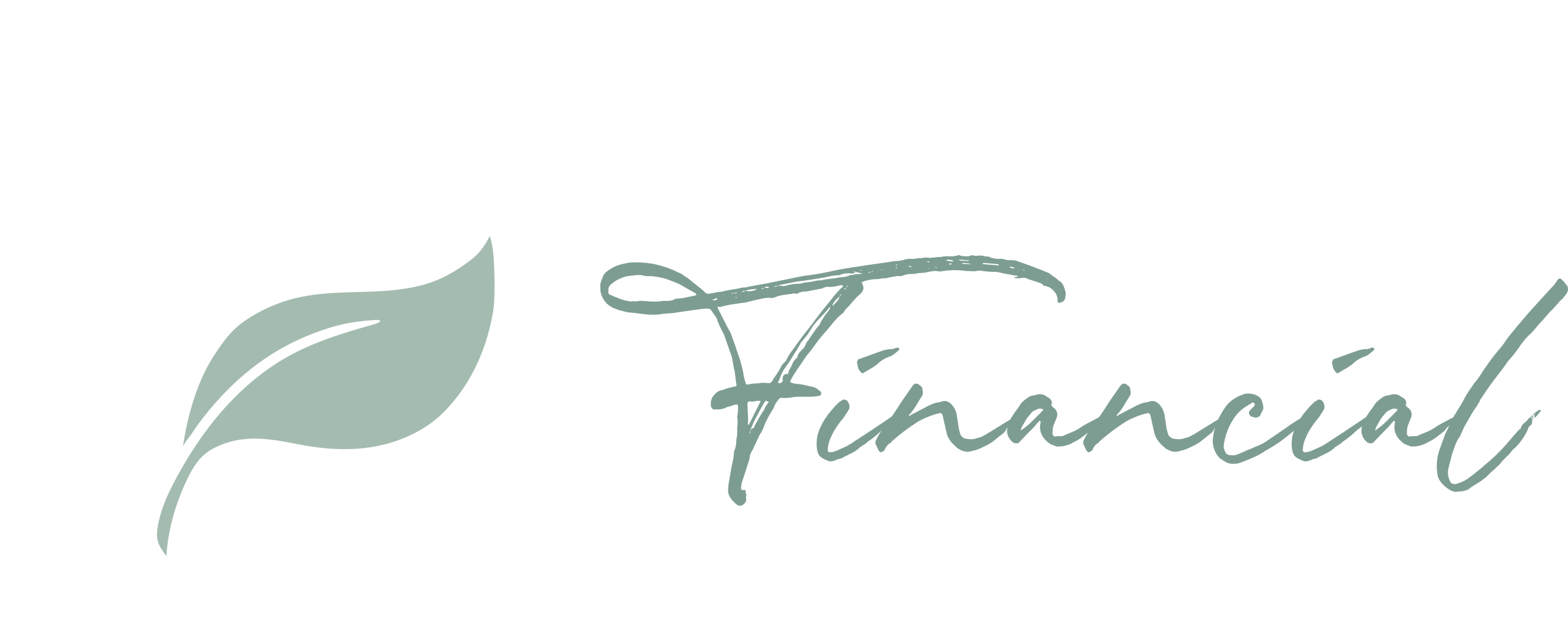
The best financial advice is always about keeping things simple.
Hunter Lending Solutions has always been a special part of our sister company, Greentree Financial so let's make it official!
Head on over to our new page at www.greentreefinancial.com.au and say a warm hello to Greentree Financial Mortgage Broking.